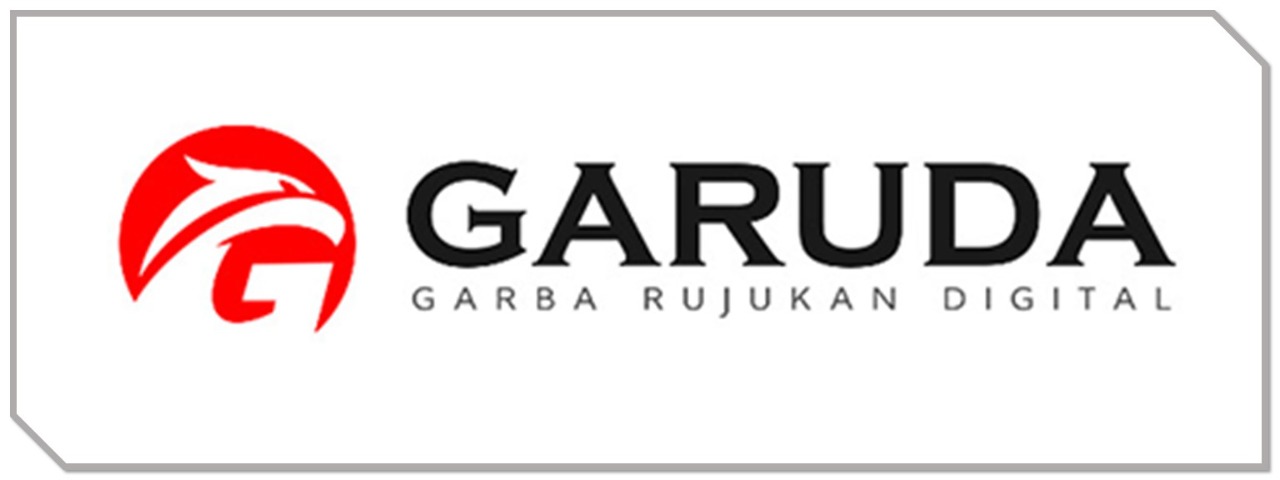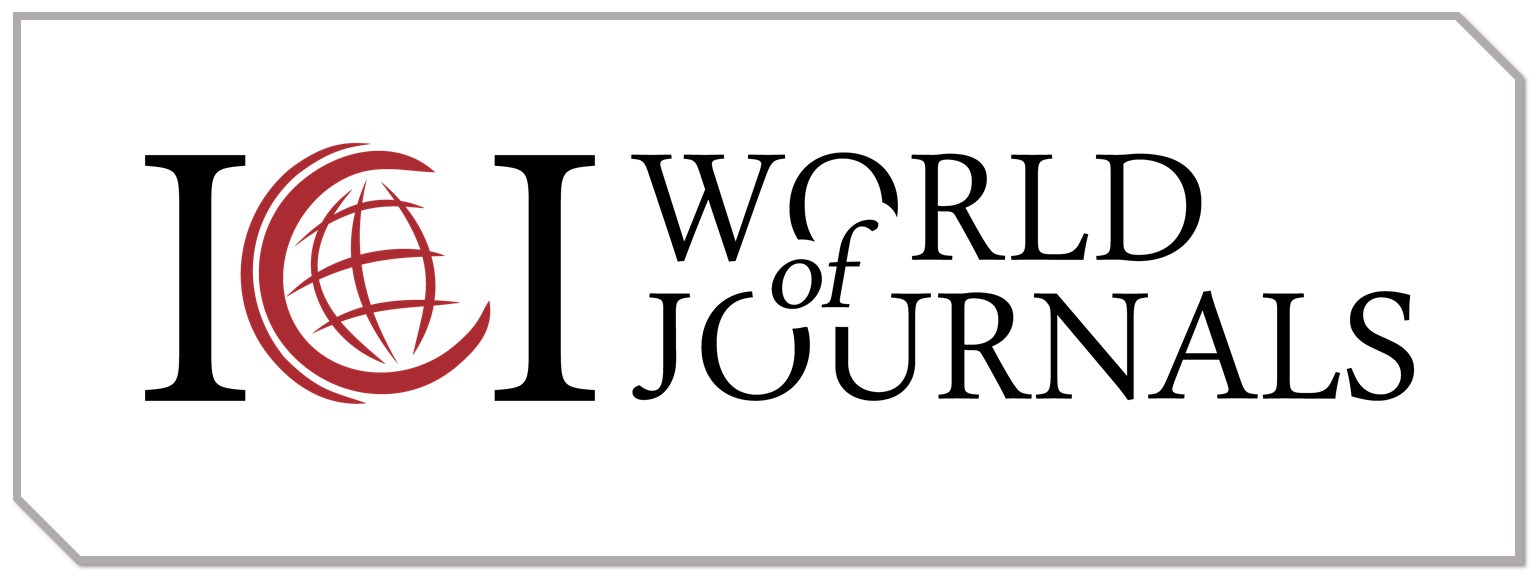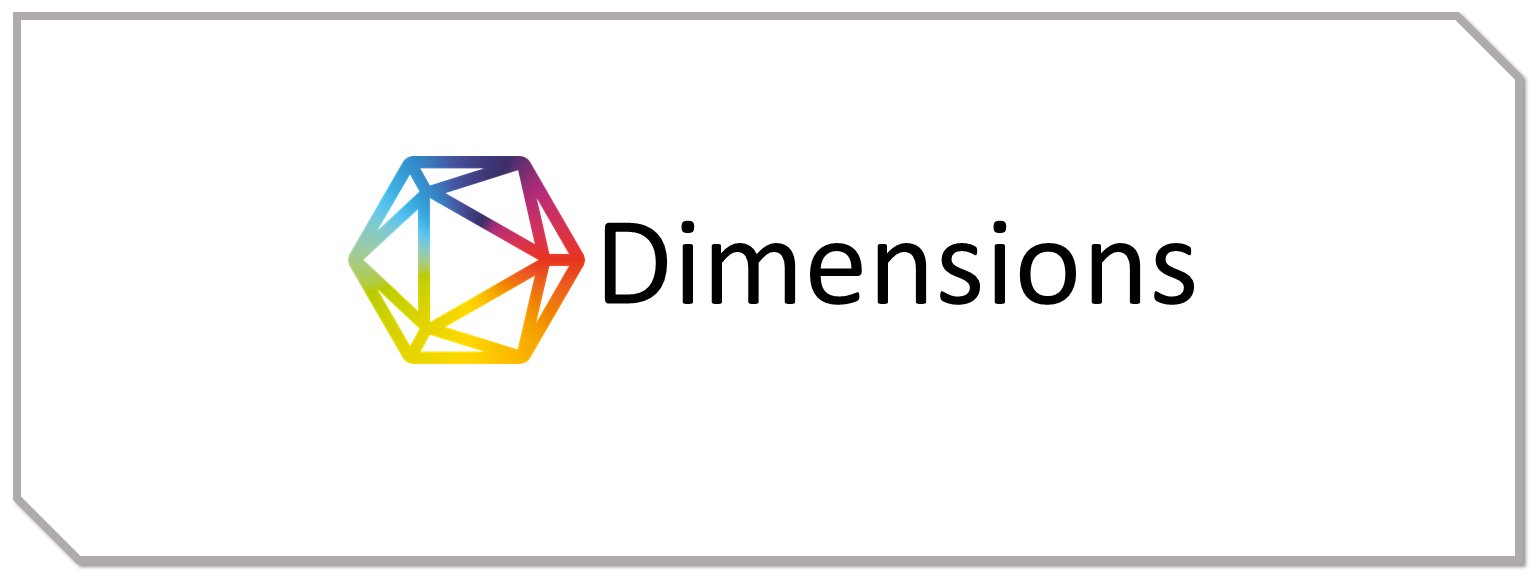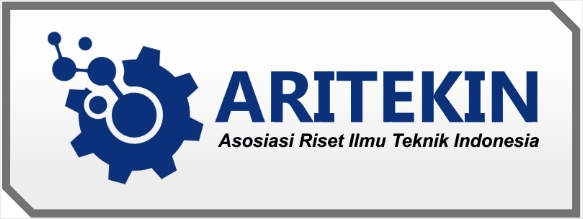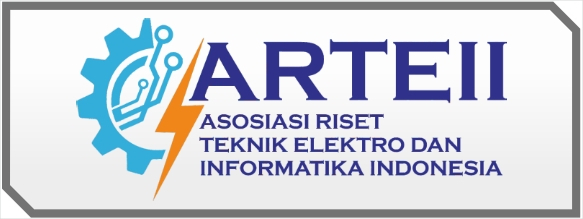Ethical Hacking Sebagai Strategi Keamanan Cyber di Era Digital: Studi Pustaka dan Implementasi Dasar
DOI:
https://doi.org/10.55606/juitik.v5i2.1183Keywords:
Ethical Hacking, Cyber Security, Penetration Testing, White Hat, Information SystemsAbstract
Cyber security is becoming a crucial issue in the digital age, especially with the increasing number of cyber attacks on information systems in the public and private sectors. Ethical hacking or ethical hacking is one of the approaches that is beginning to be widely applied to identify and close security gaps in systems. This article discusses the basic concepts of ethical hacking, the process of its implementation, and its urgency in securing information systems. This study was conducted through a literature study approach from various academic and technical sources. The results show that ethical hacking can significantly reduce the potential for cyberattacks with a systematic preventive approach. The study also highlights the importance of legality and Ethics in its implementation, as well as the need for supportive policies at the institutional level.
References
Andress, J. (2021). The basics of information security: Understanding the fundamentals of InfoSec in theory and practice (3rd ed.). Syngress.
BSSN. (2024). Laporan statistik ancaman siber di Indonesia tahun 2024. Badan Siber dan Sandi Negara Republik Indonesia.
Chapple, M., & Seidl, D. (2021). CISSP (ISC)² Certified Information Systems Security Professional official study guide (9th ed.). Wiley.
CyberEdge Group. (2023). Cyberthreat defense report.
EC-Council. (2021). Certified ethical hacker v11 study guide. EC-Council Press.
ISO/IEC. (2022). ISO/IEC 27001:2022 – Information security management systems.
Kaur, H., & Singh, J. (2020). Role of ethical hacking in enhancing cybersecurity. International Journal of Recent Technology and Engineering (IJRTE), 8(6), 1558–1562.
Kumar, R., Sharma, S., & Jain, M. (2020). A comprehensive study on ethical hacking and cyber security. International Journal of Computer Applications, 176(18), 1–6.
Mandiant. (2023). M-Trends 2023: Cybersecurity trends. https://www.mandiant.com/resources/m-trends
NIST. (2020). Framework for improving critical infrastructure cybersecurity (Version 1.1). National Institute of Standards and Technology.
OWASP Foundation. (2022). OWASP testing guide v4.2.
Patel, A., & Prajapati, D. (2020). Vulnerability assessment and penetration testing – An ethical way to strengthen security. International Journal of Scientific & Technology Research, 9(4), 1607–1611.
Sari, L. P., & Nugroho, A. (2022). Analisis implementasi penetration testing pada keamanan sistem informasi perguruan tinggi. Jurnal Ilmiah Teknologi Informasi, 18(2), 55–63.
Sembiring, D., & Siregar, T. (2023). Model pelatihan ethical hacking untuk mahasiswa teknik informatika. Jurnal Pendidikan Teknologi Informasi, 6(2), 76–82.
Wijaya, H., & Putra, R. (2023). Evaluasi keamanan sistem informasi menggunakan metode penetration testing. Jurnal Teknologi dan Sistem Komputer, 11(1), 55–63.
Downloads
Published
How to Cite
Issue
Section
License
Copyright (c) 2025 Jurnal Ilmiah Teknik Informatika dan Komunikasi

This work is licensed under a Creative Commons Attribution-ShareAlike 4.0 International License.













